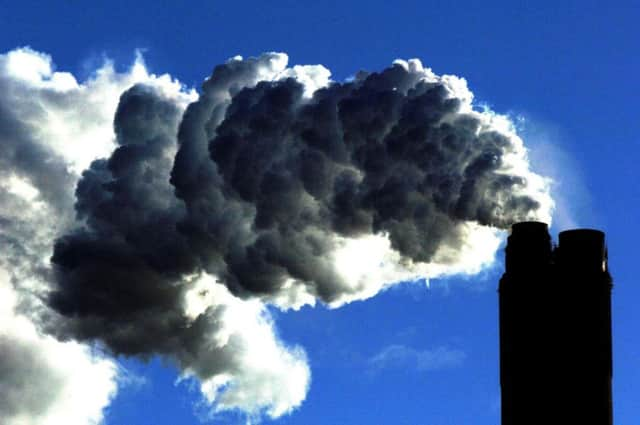Rumours of emergency aid package


Inevitably the crisis in agriculture was on the agenda, although it was pushed down the running order by a debate on agriculture’s contribution to climate change reduction. Nothing gathers pace as quickly as a rumour, and that is the case over the possibility of a new emergency aid package. This rumour is growing by the day, despite the farm commissioner, Phil Hogan, and his senior officials playing it down.
He has two sound reasons for doing so. The main one is that there is no surplus funding available in either the CAP or overall EU budget. The last emergency aid package in September was financed from the dairy superlevy in the final year of quotas, but there is no similar surplus available now. Germany has countered this by asking the Commission to trigger the crisis reserve, which can provide up to 400 million euro. Given the scale of the problem this would not have much of an impact, and it would have to be paid back through a financial discipline reduction to single payments.
Advertisement
Hide AdAdvertisement
Hide AdHogan has resisted this approach, on grounds that it is about farmers borrowing their own money. If Germany can rally support from other countries he may agree, since it would be at no cost to the CAP budget.
We are still a long way from that possibility, although next month’s farm council will be taken up with the markets crisis. This will be focussed on the dairy sector, since there is some evidence the pig sector is improving. Milk production has risen relentlessly and a number of countries - Ireland, the Netherlands, Germany, Denmark and the UK - have led the extra output. None have any intention of reducing. The Commission has conceded that the voluntary supply reduction programme is not going to happen, largely because no member states have shown any interest.
This will intensify pressure for an aid package, but the Commission will argue lack of funds and the fact that member states that will not curb production cannot expect Brussels to ride to the rescue. Its other trump card is that less than half of the emergency funds agreed last September have been paid out. It is surprising that farm lobby organisation are prepared to live with such poor administration, although it is not an issue in the UK and Ireland. On top of this any funding will be irrelevant when set against the scale of the challenge farmers face.
This suggests that Hogan will continue playing for time, hoping to get over the peak in milk production without prices sliding further, and with freer access to intervention preventing things getting worse. He will also be hoping that between now and the late-June farm council the increase this week in the Fonterra auction price in New Zealand – albeit a modest 2.7 per cent - will be maintained and that global market recovery will finally begin. This is about hope more than certainty, but what is clear is that no matter how hard the rumour mill may run Hogan is against the concept of another aid package, and does not have the funds needed to make it meaningful. In the meantime watch out for his frustration showing by naming and shaming those that have created the dairy over-production. His temptation to do so however will be tempered by his reluctance to criticise Ireland as one of the big sources of the problem, admittedly in percentage rather than volume terms.
Advertisement
Hide AdAdvertisement
Hide AdOne surprising thing at this week’s farm council was that the top item for discussion was agriculture and climate change. This brought the inevitable debate over the role of farming and forestry land as a carbon sink, against methane from livestock and emissions from farm machinery. The Commission wants more regulation, including new emissions standards for farm machinery, from tractors to chainsaws. It is also keen to see more regulation to allow carbon output to be measured. This is no doubt worthy, but it should be second to making sure there is a farming industry in the future. In this debate what is being forgotten is the big concession at the climate change summit in Paris that agriculture should be exempt from new regulations if they threaten food security. What is certain is that if farmers cannot stay in business, food security will become a more pressing issue, and that is where the Commission should be concentrating its focus.